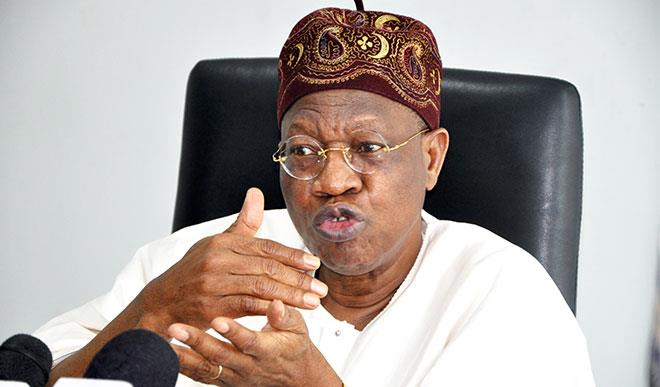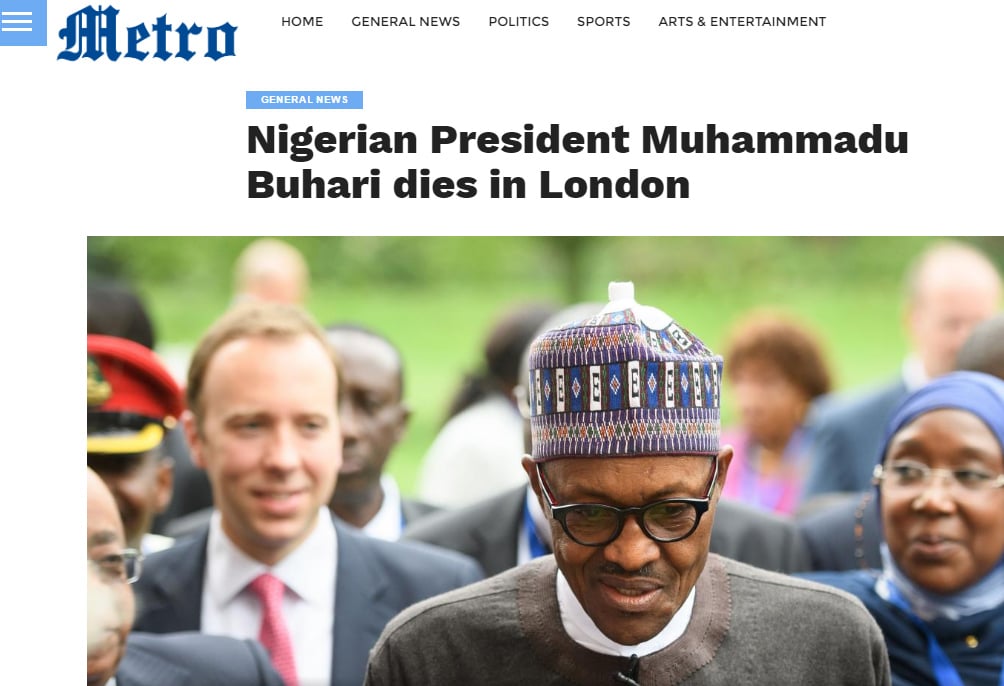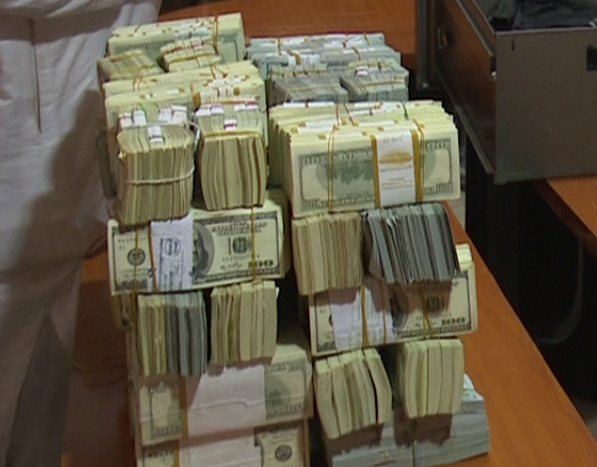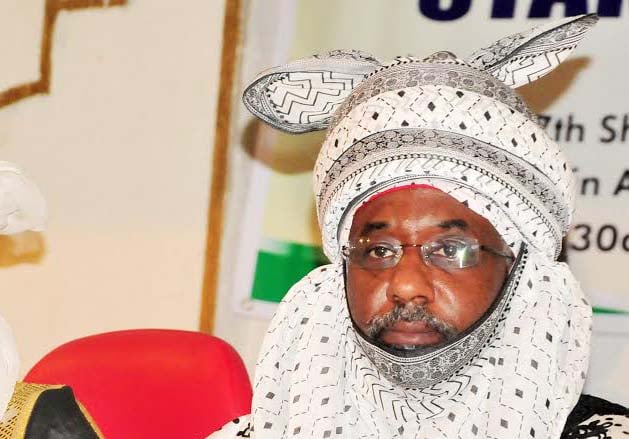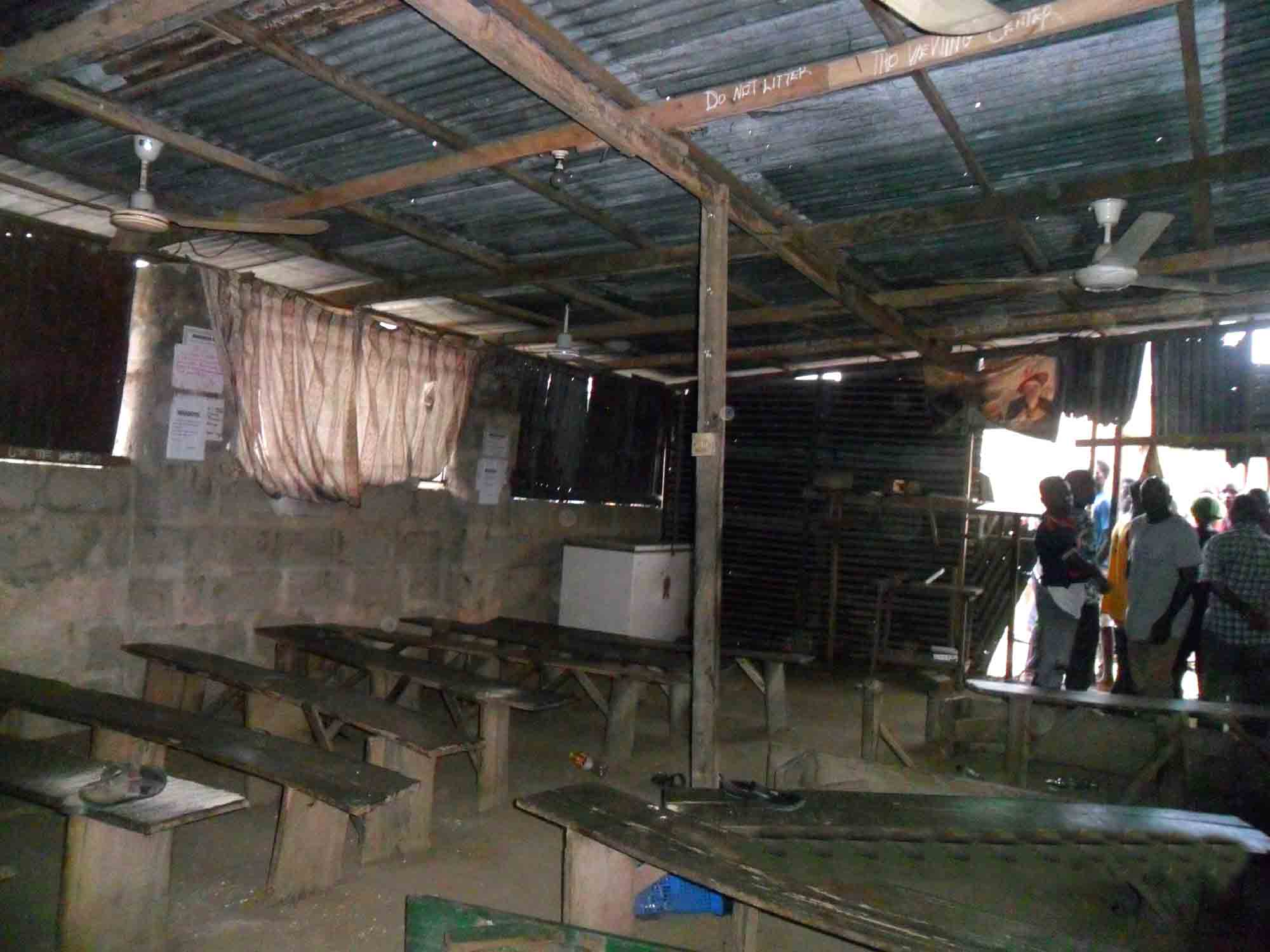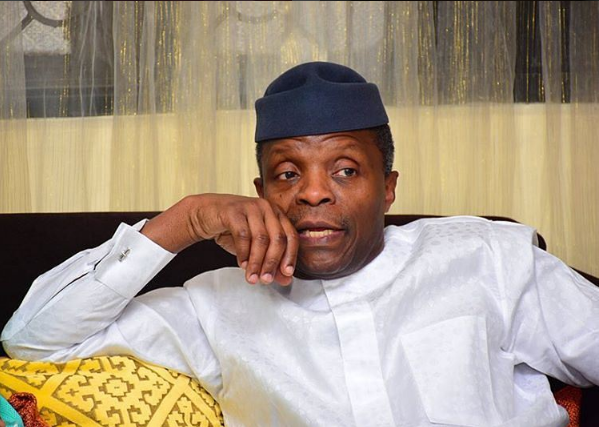Many believe that there are two classes of Nigerians who keep huge cash at home: prominent Nigerians, who might be corrupt, and uninformed citizens. Thus, anytime large sums of money are found in a politically exposed person’s home, the public wastes no time in drawing conclusions.
The federal government even says it has credible information that some Nigerians are keeping illicit funds in their homes, farmyards, deep forests, burial grounds and backyards.
Headlines of how millions of naira were found in Senator Danjuma Goje’s house is a good example of how the discovery huge sums of money in a person’s home could send the wrong message. (About N24 million was discovered in the Senator’s house after a raid by the police.)
While not making a case for the Senator, the point has to be made that there is nothing technically wrong in keeping cash at home. Though there is some limit on the amount you could take away from Nigeria, there is no limit on how much you can keep in the safe at home.
Advertisement
To be clear, keeping money at home could be one of the worst decisions a person could make, especially if such money was not gotten illicitly. Such monies could be stolen or gutted by fire. Sadly, money kept at home doesn’t even earn any interest.
The reasons some give for keeping large funds at home are really not convincing.
Some blame the large commissions charged when sums larger than N3 million are withdrawn from banks. Some who have had experiences with failed banks are still skeptical, despite all the improvements in Nigerian banks. Many blame the hassles of getting cash from banks for their keeping cash at home.
Advertisement
But the reason given by Senator Goje’s aide seem to be the bane of all Nigerian politicians. Many Nigerians expect to receive huge sums of money from prominent politicians anytime they visit. Politicians pay their agents, party men and all kinds of people during elections in cash. So, as Goje’s aide claimed, if a politician doesn’t keep cash at home, he might not be able to meet such expectations.
Keeping money at home or burying it in your backyard impacts negatively on the economy. It takes away money from circulation.
It is import that these monies get back into the economy. And if the federal government is sure that there are huge piles of illicit cash stored in graveyards and in people’s home, all it needs to do is to announce, without warning, that that the country’s N1000 bill has been changed.
So anyone who has stored large amounts of naira, which of course would be in N1000 notes, would be forced to go to the bank to change them. Going to the bank brings such a hoarder under government scan. A new N5000 bill could even be introduced to replace the N1000 bill.
Advertisement
And just as the Indians have done, Nigerians could be given hours to change their old currencies, which they have kept at home, into the new legal tender. Of course, monies already in the bank would automatically be changed into the new notes.
With this measure, the government would know how much people really have outside the banking system.
And if the government is really sure that these illicit monies buried in forests are in US dollars, it could lobby the US congress to redesign the $100 bill. This would make the millions of $100 bills in graveyards useless and their owners might be forced to take these useless bills to the bank. The US usually redesigns its bills to prevent counterfeiting.
Other measures to curb the illicit transfer of funds in and outside Nigeria, such as the compulsory reporting of cash payments above some set limits, could be instituted while the US congress and Senate are been lobbied to redesign their dollar bills. Nigeria could lead a coalition of other countries who are also suffering the impact of black money on their economies.
Advertisement
The cost of redesigning our notes might be nothing compared to what has been buried in deep forests. Nigeria needs unconventional measures to get out those monies buried in deep forests!
Advertisement
Views expressed by contributors are strictly personal and not of TheCable.

